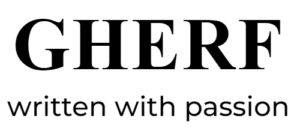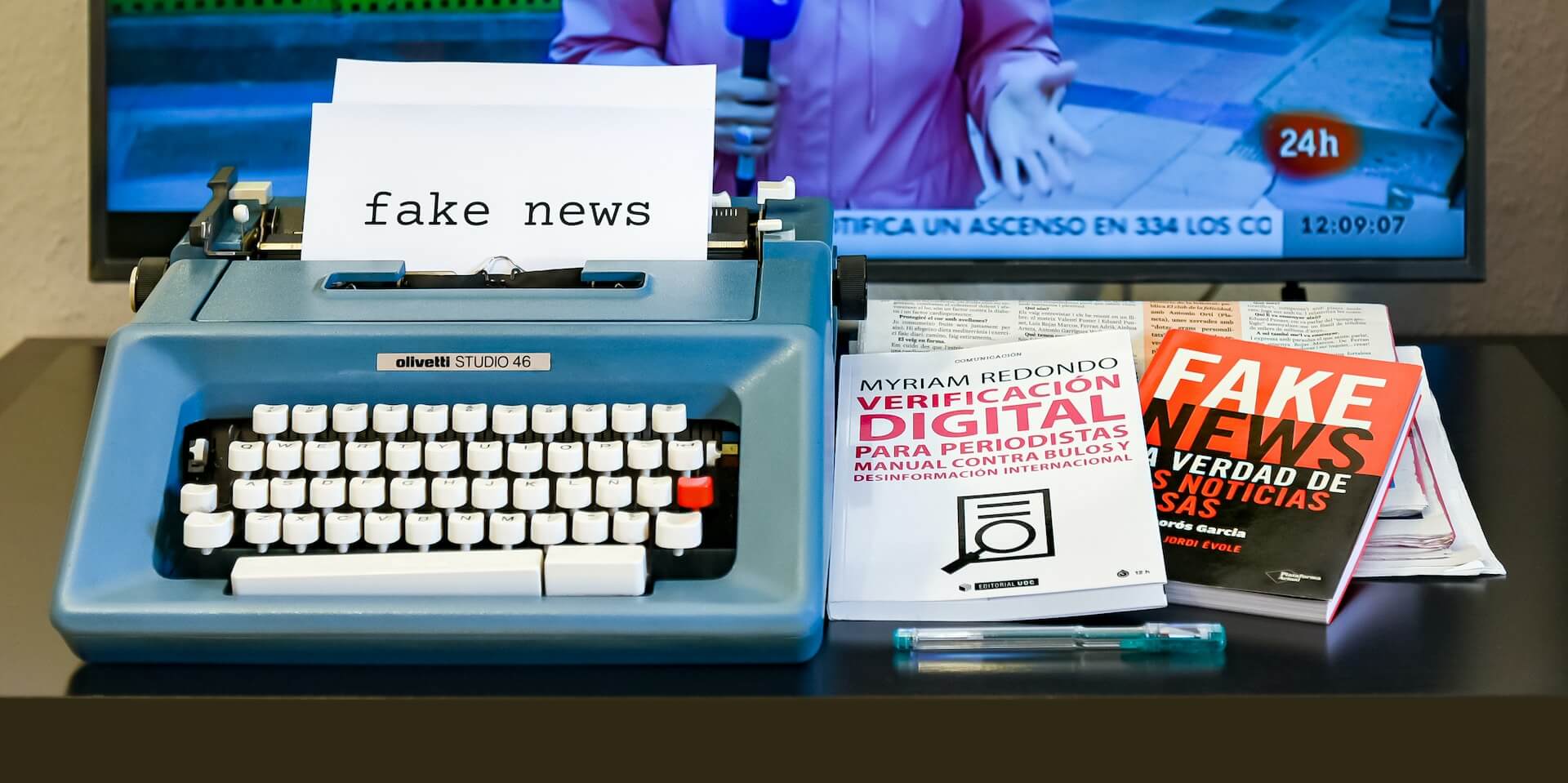Misinformation can have negative impacts on people’s lives in various domains, including health and politics. An important research goal is to understand how misinformation spreads to prevent its harm. Therefore, a group of researchers, consisting of Valentina Vellani, Sarah Zheng, Dilay Ercelik, and Tali Sharot from Affective Brain Lab, Department of Experimental Psychology, University College London, UK, wrote a paper titled “The illusory truth effect leads to the spread of misinformation” in Cognition Journal.
The results of the study demonstrate that individuals are more likely to share statements they have been exposed to previously. Crucially, the relationship between repetition and sharing is mediated by perceived accuracy. That is the repetition of misinformation biases people’s judgment of accuracy and leads to the spread of misinformation, which was observed in both health-related and general knowledge domains, indicating that it is not domain-specific.
Engagement with misinformation online has doubled in recent years, which has concerning consequences, such as increasing vaccine hesitancy, polarization, violent extremism, and racism. For example, misleading information on how to treat COVID-19 can cause delays in proper treatment for patients. Therefore, it is crucial to identify the mechanisms that facilitate the spread of misinformation. The researchers investigate whether and how a single previous exposure to misinformation affects the likelihood of its sharing. They find that a single previous exposure to misinformation can increase the perceived accuracy, even when the information is inconsistent with the participant’s ideology.
Misinformation: Repeated information is perceived as more true
The researchers discover that repeated information is more likely to be shared by participants than new information, and this effect is particularly strong in health-related information. A possible underlying mechanism is that repetition boosts perceived accuracy, which leads to greater sharing. The relationship between repetition and sharing is mediated by perceived accuracy, meaning that repeated information is more likely to be shared because people judge it as more accurate. The results of this study help explain why fake news spreads so easily and emphasize the importance of quickly tagging misinformation as such to prevent it from becoming accepted as true.
Importantly, the effect of repetition on sharing intentions was observed in different domains, including health-related and general knowledge. This suggests that the effect of repetition on information-sharing extends beyond the health domain. Further research could investigate whether this effect also applies to the political domain.
In summary, the researchers demonstrate that even a single previous exposure to misinformation can increase the likelihood of sharing by enhancing perceived accuracy. This creates a vicious cycle of exposure, belief, sharing, and further exposure, which can ultimately influence actions. For example, misinformation about COVID-19 vaccines can increase vaccine hesitancy and reduce the likelihood of vaccine uptake.

